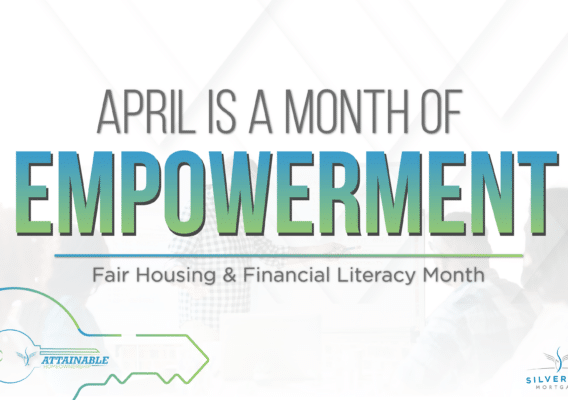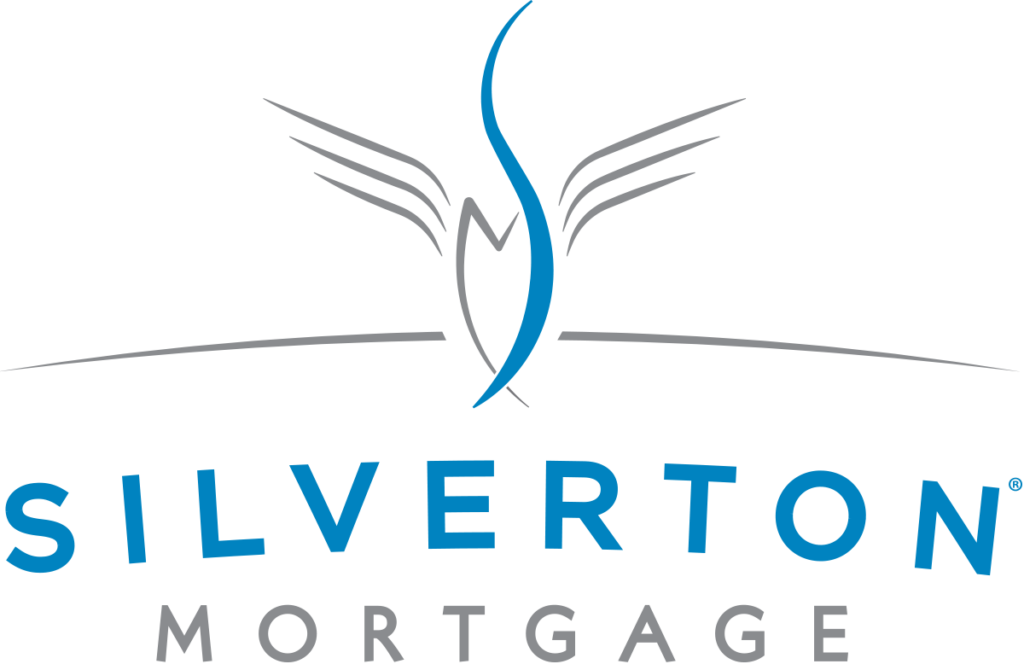Owning a rental property can be an excellent way to build wealth. However, this type of venture is not without risk. Before committing to the landlord life, make sure you’re prepared for the good, bad, and ugly.
In this post, we’ll discuss all you need to know about rental investments along with how this sort of financing differs from a traditional mortgage.
There are several factors to consider when searching for the perfect rental property. You’ll want to be intentional about the location you choose to buy your rental property, as that may determine the types of tenants you attract. For example, renting in an area with a military base means a high probability of renting to service members and may mean more transient tenants. Also, find out if the area has high property taxes, and if there are any plans for property tax increases in the near future. Think about what you would want when in a neighborhood; it’s likely like what most renters desire as well. A good school district, low crime rate, and parks are all a plus. Aside from location, think about whether you’d rather rent a single-family house, condo, or townhome. Finally, would you like a fixer-upper or is a move-in ready home more your speed?
Owning a rental property isn’t for the faint of heart and expenses can add up fast. Properly estimating these expenses is the best way to prepare yourself for the true cost of buying and maintaining a rental property. Typically, you can expect at least 1% of the property value per year to be spent on maintenance. Of course, this differs according to the property’s age and type. More concrete costs include insurance, HOA fees, and property taxes. You’ll also need to decide whether you intend to hire a property management company or manage the property yourself. Utilizing a property management company will require an additional monetary commitment, while managing the property yourself will cost you time and energy.
Once you’ve found the perfect property and feel comfortable with the expenses involved, there are still risks worth considering. Sure, a rental property can provide you with a stable income stream but understanding the risks will help curb disappointment when an inevitable speed bump arises. This includes periods where the home may be vacant, therefore bringing in zero revenue. There is also the chance of dealing with a bad tenant or having your property decrease in value. Also, unexpected property damage isn’t uncommon and can add up fast. On the flip side, the advantages of taking on a rental investment are undeniable. It’s an excellent source of passive income and has the potential to appreciate over time. There are also tax deductions that you’ll be eligible for, putting even more money in your pocket. Ultimately, it’s up to you to determine whether the risks outweigh the rewards.
When it comes time to finance your rental, it’s important to know the difference between a home loan for a primary residence and one for an investment property. First off, rental property is viewed as a higher default risk by lenders. Because of this, interest rates are typically higher on these types of loans. Just like with any mortgage loan, however, terms can be more agreeable depending on your credit score. While there are plenty of low-down-payment options when searching for a home loan program, this doesn’t apply to rentals. A 20% down payment is almost always required on your investment property loans. It’s also tougher to qualify for this type of loan. That’s because your lender is taking the debt incurred from your primary residence into consideration along with all your other responsibilities. Your best bet for being approved for a mortgage on your rental property is having an above-average credit score, a solid financial history, and a cash reserve to cover both your primary mortgage and rental property for at least six months. You need to prove that you can take on the additional responsibility, even if the market tanks.
You’ve weighed the risks and rewards, secured your financing, and are on your way to becoming a real estate mogul; congratulations! You’ll now want to become an expert record keeper. Doing so will help you monitor the progress of your property, keep track of your expenses, and track your deductible expenses. This is also the best way to be prepared for a potential audit. It’s important to remember that if you are audited and are unable to provide evidence to prove itemized deductions on your tax returns, you can incur additional taxes and penalties. Hiring a professional accountant to help you with these tasks may be worth considering.
If you’ve been considering investing in real estate, don’t let the potential pitfalls stop you from speaking with a mortgage professional. Silverton Mortgage respects and admires those who see the opportunities of real estate. Best of all, our mortgage loan originators are well-versed in investment property financing and are more than happy to answer your questions. Let’s find out together if being a landlord is the right path for you!
You Might Also Like

Navigating the Mortgage Maze: The Mortgage Process Simplified

April: The Month of Empowerment

